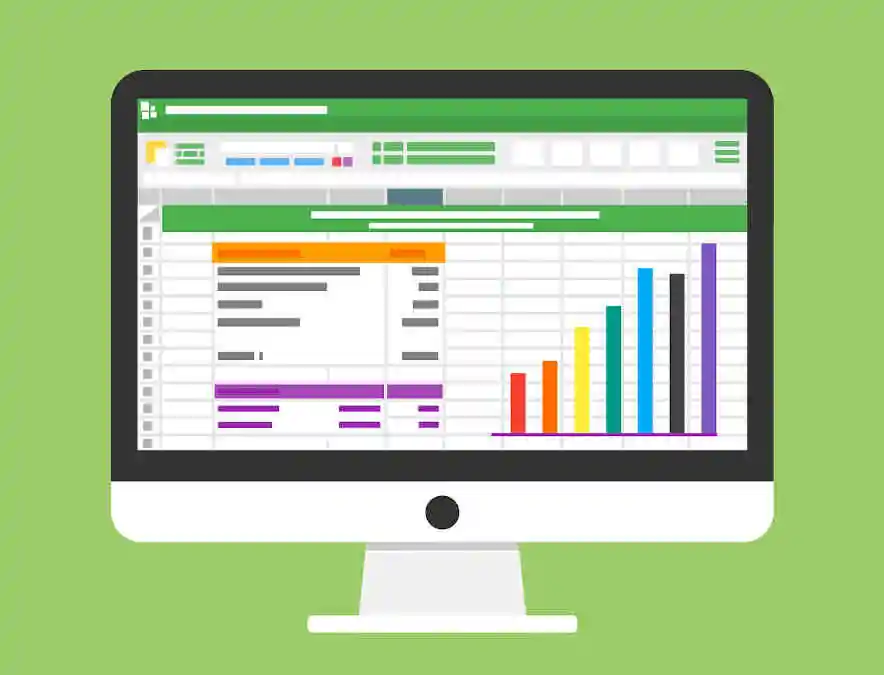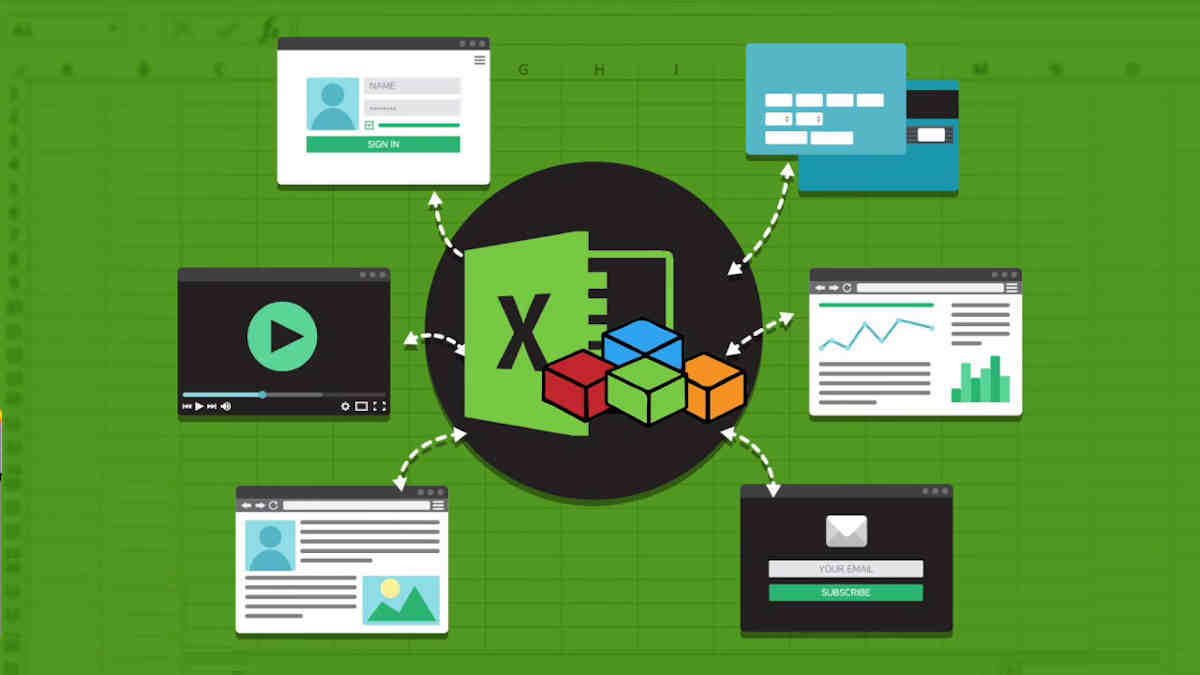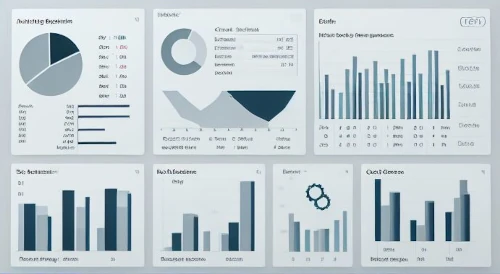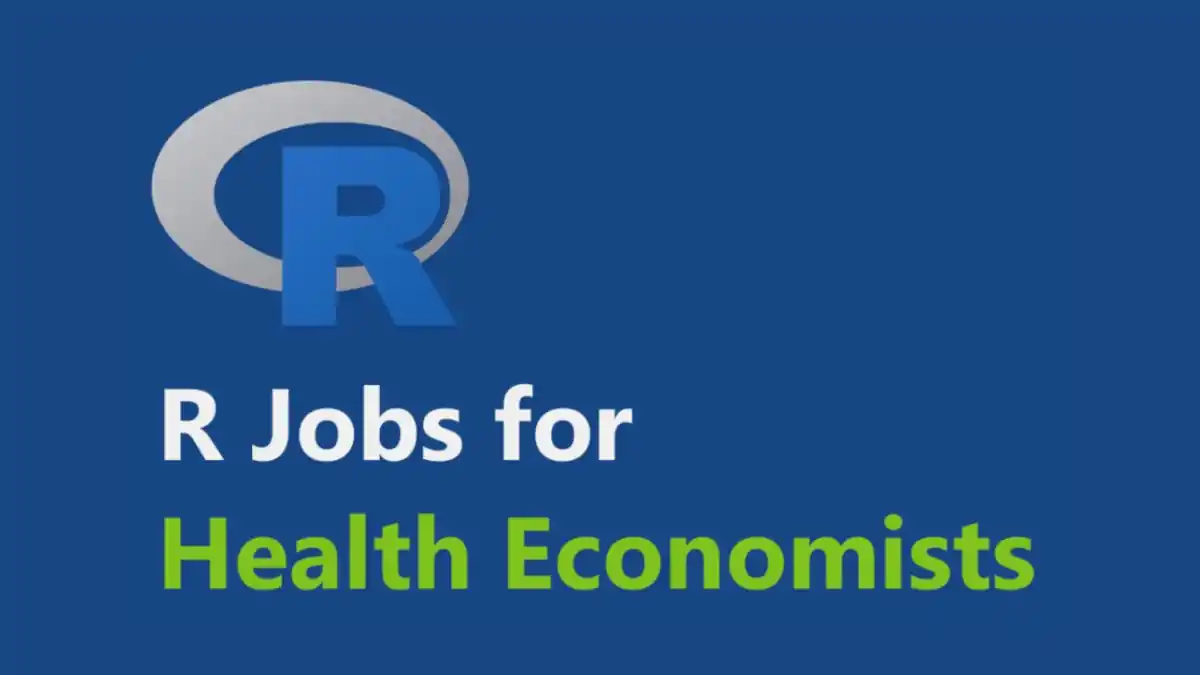Online Course. Use spreadsheet models to make data-driven financial decisions. Build Business and Financial Models.
What you will learn?
-
Create your own quantitative models.
-
Harness the power of spreadsheets to map and predict data.
-
Understand the measurement and management of risk.
-
Structure your decision-making for optimum results.
There are 5 Courses in this Specialization
1. Fundamentals of Quantitative Modeling
How can you put data to work for you? Specifically, how can numbers in a spreadsheet tell us about present and past business activities, and how can we use them to forecast the future? The answer is in building quantitative models, and this course is designed to help you understand the fundamentals of this critical, foundational, business skill. Through a series of short lectures, demonstrations, and assignments, you’ll learn the key ideas and process of quantitative modeling so that you can begin to create your own models for your own business or enterprise. By the end of this course, you will have seen a variety of practical commonly used quantitative models as well as the building blocks that will allow you to start structuring your own models. These building blocks will be put to use in the other courses in this Specialization.
2. Introduction to Spreadsheets and Models
The simple spreadsheet is one of the most powerful data analysis tools that exists, and it’s available to almost anyone. Major corporations and small businesses alike use spreadsheet models to determine where key measures of their success are now, and where they are likely to be in the future. But in order to get the most out of a spreadsheet, you have the know-how to use it. This course is designed to give you an introduction to basic spreadsheet tools and formulas so that you can begin harness the power of spreadsheets to map the data you have now and to predict the data you may have in the future. Through short, easy-to-follow demonstrations, you’ll learn how to use Excel or Sheets so that you can begin to build models and decision trees in future courses in this Specialization.
Basic familiarity with, and access to, Excel or Sheets is required.
3. Modeling Risk and Realities
Useful quantitative models help you to make informed decisions both in situations in which the factors affecting your decision are clear, as well as in situations in which some important factors are not clear at all. In this course, you can learn how to create quantitative models to reflect complex realities, and how to include in your model elements of risk and uncertainty. You’ll also learn the methods for creating predictive models for identifying optimal choices; and how those choices change in response to changes in the model’s assumptions. You’ll also learn the basics of the measurement and management of risk. By the end of this course, you’ll be able to build your own models with your own data, so that you can begin making data-informed decisions. You’ll also be prepared for the next course in the Specialization.
4. Decision-Making and Scenarios
This course is designed to show you how use quantitative models to transform data into better business decisions. You’ll learn both how to use models to facilitate decision-making and also how to structure decision-making for optimum results. Two of Wharton’s most acclaimed professors will show you the step-by-step processes of modeling common business and financial scenarios, so you can significantly improve your ability to structure complex problems and derive useful insights about alternatives. Once you’ve created models of existing realities, possible risks, and alternative scenarios, you can determine the best solution for your business or enterprise, using the decision-making tools and techniques you’ve learned in this course.
5. Wharton Business and Financial Modeling Capstone
In this Capstone you will recommend a business strategy based on a data model you’ve constructed. Using a data set designed by Wharton Research Data Services (WRDS), you will implement quantitative models in spreadsheets to identify the best opportunities for success and minimizing risk. Using your newly acquired decision-making skills, you will structure a decision and present this course of action in a professional quality PowerPoint presentation which includes both data and data analysis from your quantitative models.
Earn a Certificate
When you finish every course and complete the hands-on project, you’ll earn a Certificate that you can share with prospective employers and your professional network.
Skills you will gain
- Financial Modeling
- Microsoft Excel
- Simulation
- Linear Programming (LP)
- Modeling
- Linear Regression
- Probabilistic Models
- Regression Analysis
- Monte Carlo Method
- Solver
- Risk
- Cash Flow
Wharton Research Data Services (WRDS) is the leading data research platform and business intelligence tool for over 30,000 corporate, academic, government and nonprofit clients in 33 countries. WRDS provides the user with one location to access over 200 terabytes of data across multiple disciplines including Accounting, Banking, Economics, ESG, Finance, Insurance, Marketing, and Statistics.
About this Specialization
Wharton’s Business and Financial Modeling Specialization is designed to help you make informed business and financial decisions. These foundational courses will introduce you to spreadsheet models, modeling techniques, and common applications for investment analysis, company valuation, forecasting, and more. When you complete the Specialization, you’ll be ready to use your own data to describe realities, build scenarios, and predict performance.
See more Financial Modelling courses here







